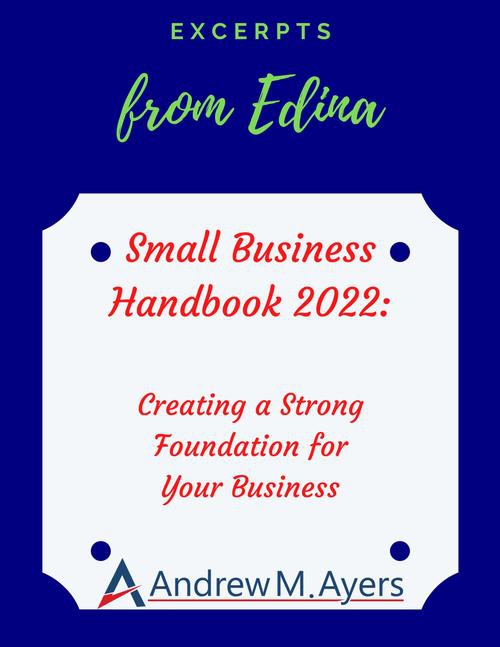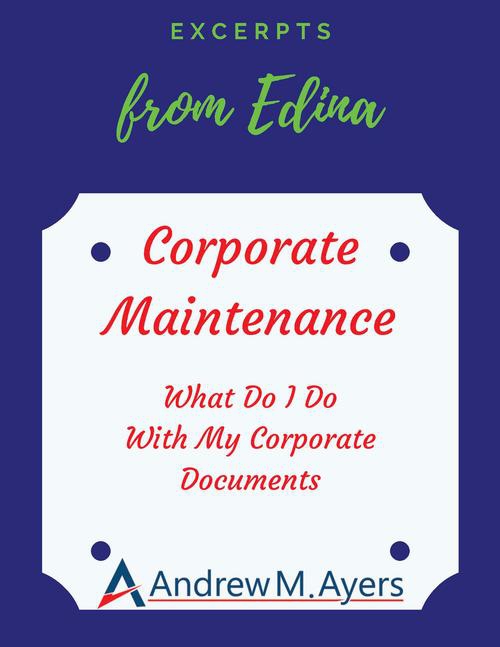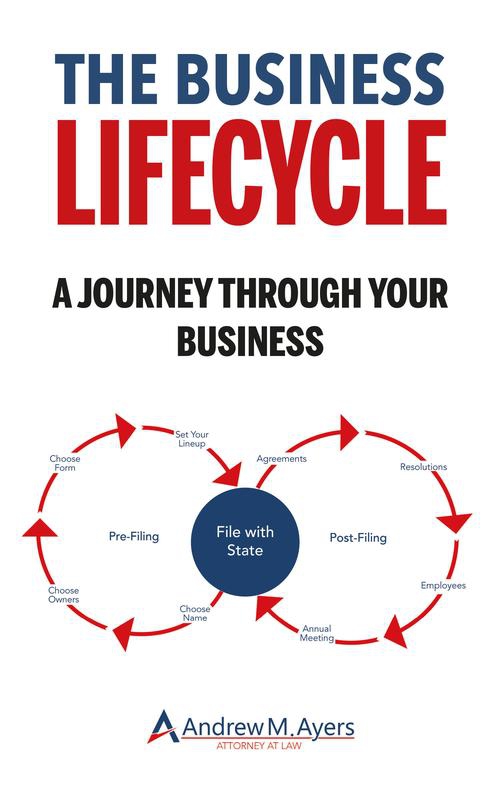As a business owner, understanding the differences between exclusive and non-exclusive licenses is an important part of understanding your business assets.
A license is a right to use a product, service, or intellectual property. In the context of business, licenses are often used to protect intellectual property and products. For example, if your business has been sued in a lawsuit, it’s important to make sure that your client data is protected and not available to the public. To protect your intellectual property, you can use licenses that allow someone else to have access to your product or service, but not the right to disseminate it or pass it off as their own.
There are two types of licenses that you can use to protect your product or service: an exclusive license and a non-exclusive license.
Exclusive License
An exclusive license is the sole right for someone to use, manufacture, or sell your product or service. This means that nobody else can use it. For example, if you’ve found the perfect ball bearing for your product, you can grant an exclusive license to a factory to be the only place that can make these ball bearings. They cannot farm it out to other factories, and other competitors cannot step in and try to undercut them on price. The factory has been given an exclusive license to be the company that manufactures that ball bearing. If somebody violates the license, you have the right to sue them. This is probably the most important part of an exclusive license because it gives you the ability to control and stop someone else from using that licensed product.
Non-Exclusive License
On the other hand, a non-exclusive license allows your product or service to be used by multiple people. This is common in the software industry, as many apps and software programs allow you to use their product as part of a non-exclusive license. For example, when you use Twitter, you don’t have an exclusive right to use it, which means that anyone else can use it too. However, if you’ve created a specific kind of software that can only be used in one company for one purpose, and someone else tries to use it, you can bring a lawsuit if you have an exclusive right. But if you have a non-exclusive license, the other company can contract with you as well, so you can sell your software to a variety of different companies and have other people be able to use it.
The difference between an exclusive and non-exclusive license comes down to who controls the product, property, or manufacturer that you’re licensing. The most important document that goes with a license agreement is a license agreement. It can be short, a few pages long, or hundreds of pages long, depending on the complexity of your product or service. The license agreement is where you outline the terms of the license and is the most important place to make sure you involve professionals. Work with an attorney to make sure you understand the license agreement and the provisions you want to include to protect your exclusive license to a product or even a non-exclusive license.
When deciding between an exclusive and non-exclusive license, it’s important to consider the economical impact. If you’re intent on protecting your product or service, an exclusive license may be the way to go, as a non-exclusive license won’t offer the same amount of protection. However, a non-exclusive license may make you more money, as more people can use it.
Do I Need a Small Business Attorney?
If you are getting your business started or are already up and running and have some questions about licensing your intellectual property, it's important that you talk to a business attorney. Let's schedule a Legal Strategy Session online or by calling my Edina, Minnesota office at (612) 294-6982 or my New York City office at (646) 847-3560. My office will be happy to find a convenient time for us to have a phone call to review the best options and next steps for you and your business.





